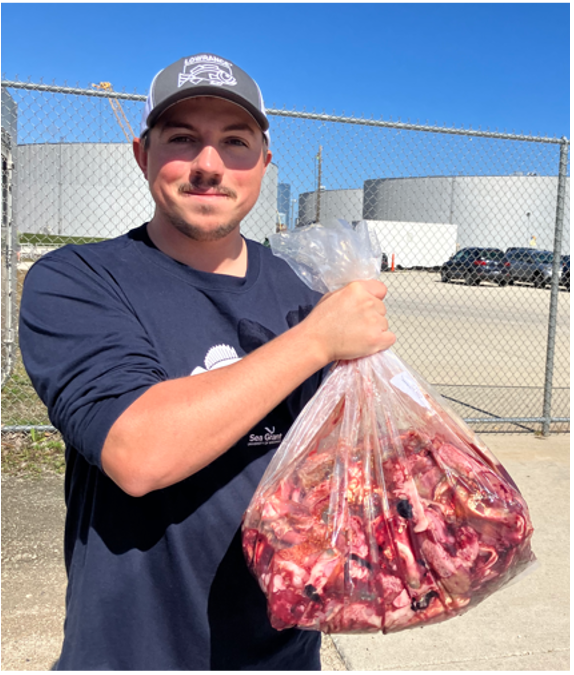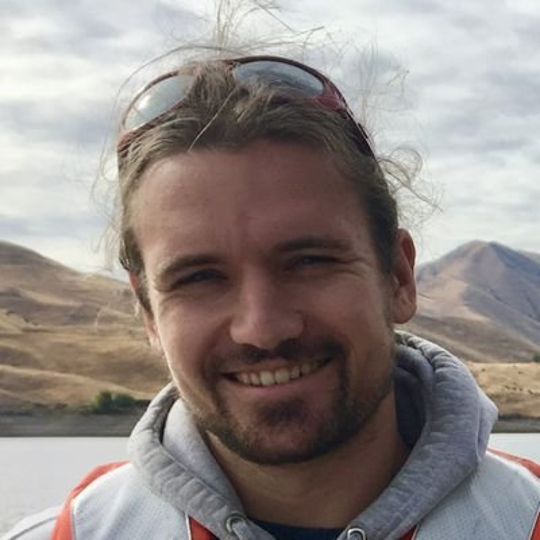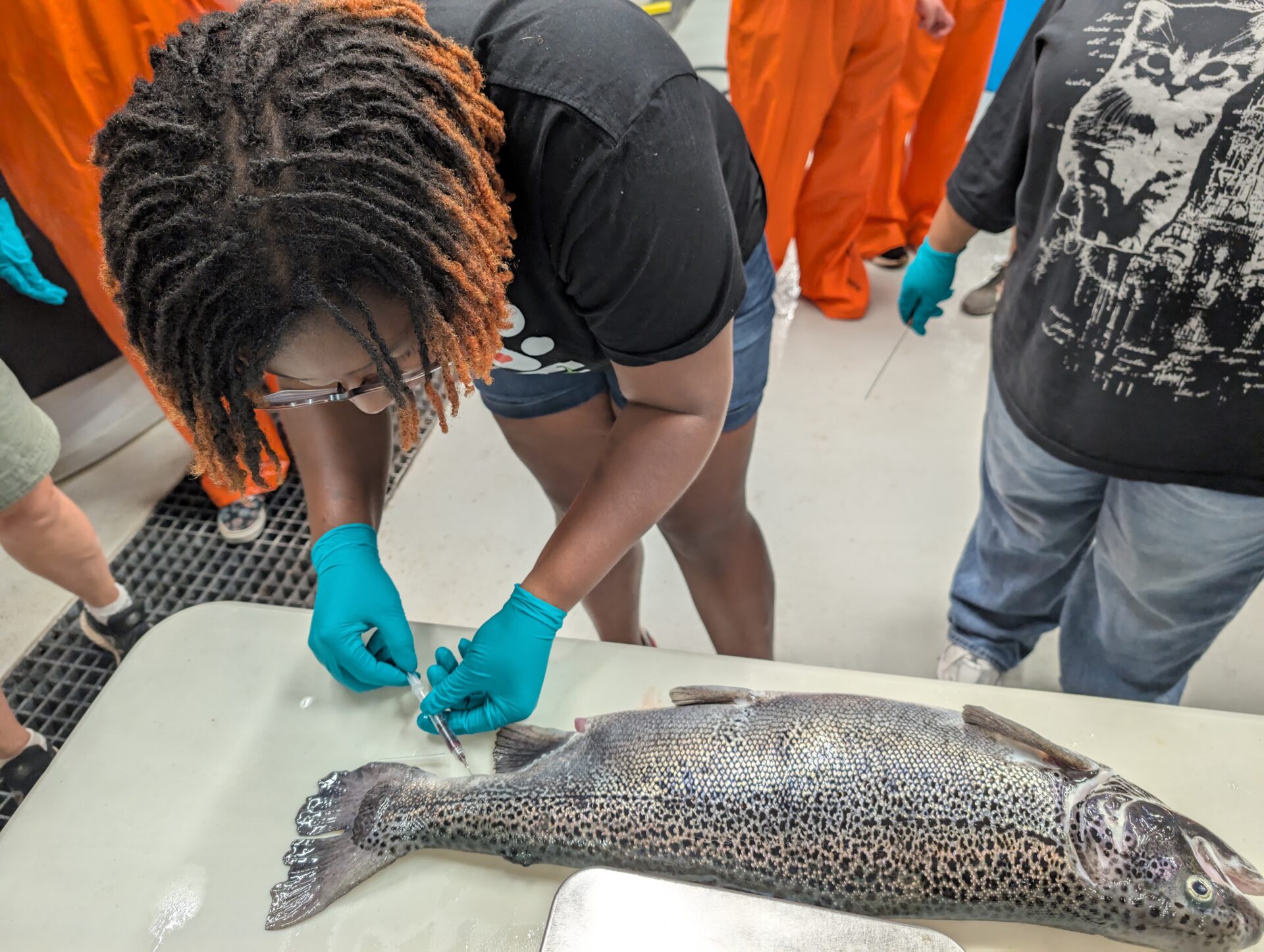Sen. Herb Kohl (D-Wis.) today announced a $2 million omnibus grant to fund Great Lakes research, education and outreach. The FY 2012-13 funding will be administered by the University of Wisconsin Sea Grant Institute.
In turn, Sea Grant will provide 21 grants to fund scientific exploration of the freshwater seas to the University of Wisconsin-Madison, University of Wisconsin-Milwaukee, University of Wisconsin-Oshkosh and the University of Stevens Point. The balance of the omnibus grant will be devoted to 27 projects that educate various audiences about the lakes and will engage communities across the state, sharing the latest and most effective science to maximize Great Lakes resources.
“The Great Lakes are an inland treasure of natural beauty and endless recreational possibilities. They also are an economic engine,” Sen. Kohl said. “A 2011 University of Michigan study found that 1.5 million jobs are tied to the lakes, with $62 billion in annual wages. Sea Grant’s effort, on behalf of these tremendous natural and economic resources, is money well spent.”
Several researchers will look at the health of the waterways, and Great Lakes beaches. A healthy stock is also key to the $7 billion annual sport and commercial fishing industry in the region. Sea Grant projects will track the impact of aquatic invasive species on wild fish populations and will map the Lake Michigan food web.
Local officials and those who manage coastal structures, such as ports and harbors, also benefit from upcoming work. One example is the Wisconsin Coastal Atlas, a website that is collecting, categorizing and sharing of a wealth of coastal data like bluff stability and potential water hazards.
In all, nearly 100 researchers, staff and students will be engaged in this work, said Sea Grant Director Anders Andren. The National Sea Grant College Program, which is administered through the National Oceanic and Atmospheric Administration, U.S. Department of Commerce, is the source of the grant. “Our program is one of the nation’s oldest and robust. In our 43rd year, we are grateful to play a role in the sustainable use of the Great Lakes through science-based, unbiased information.”
Wisconsin is home to one of 32 Sea Grant programs, located in all coastal states and Puerto Rico. Andren said an important benefit of such a comprehensive network is the ease of collaboration with neighboring states to leverage funding. In the next two years, Wisconsin will collaborate with the Minnesota Sea Grant Program to assess the role of the St. Louis River estuary on Lake Superior water quality. It will also partner with the Illinois-Indiana Sea Grant Program to plumb the deeper depths of Lake Michigan to calculate the effects of quagga mussels on the lake’s ecosystem.
The Wisconsin Sea Grant projects include 12 all-new research undertakings for 2012, four that will start in 2013 and five that are continuing from the 2010-12 omnibus grant.





